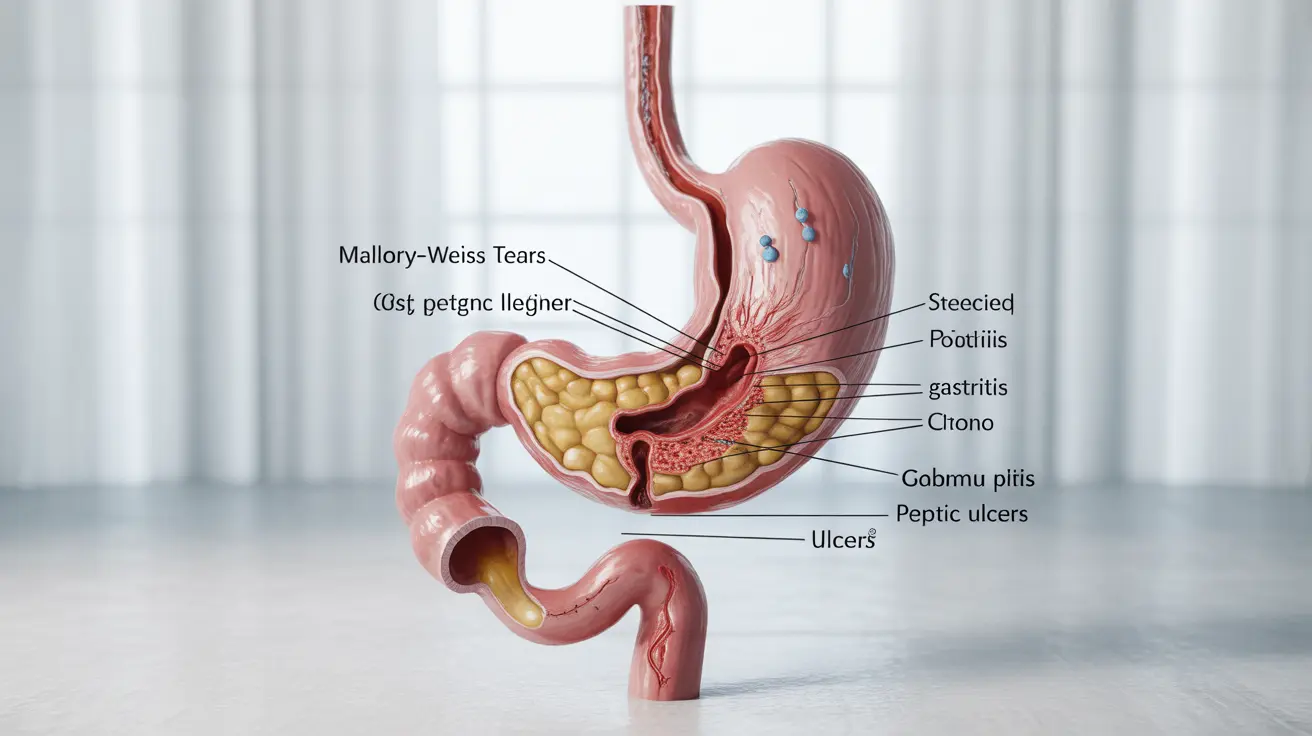Vomiting blood after consuming alcohol is a serious medical concern that requires immediate attention. This condition, known medically as hematemesis, can indicate various underlying health issues ranging from minor irritations to severe medical emergencies. Understanding the causes, risks, and appropriate responses to this situation is crucial for anyone who experiences this alarming symptom.
While the presence of blood in vomit after drinking alcohol can be frightening, knowing when and how to respond can potentially save lives. This article will explore the various causes, warning signs, and necessary steps to take if you experience this condition.
Understanding the Causes of Blood in Vomit After Drinking
Several factors can contribute to throwing up blood after drinking alcohol. The most common causes include:
- Mallory-Weiss tears (tears in the esophageal lining)
- Severe gastritis or stomach inflammation
- Peptic ulcers
- Esophageal varices
- Severe throat irritation
Alcohol can directly irritate the digestive tract's lining, leading to inflammation and potential bleeding. Furthermore, forceful vomiting associated with excessive drinking can cause tears in the esophagus or stomach lining.
Immediate Warning Signs and Emergency Situations
Certain symptoms accompanying blood in vomit require immediate medical attention:
- Bright red blood or coffee-ground-like material in vomit
- Severe abdominal pain
- Dizziness or fainting
- Rapid heart rate
- Cold, clammy skin
- Difficulty breathing
These symptoms could indicate a serious medical emergency that requires immediate professional intervention.
Long-term Health Implications
Chronic alcohol consumption can lead to several serious conditions that may cause bleeding in the digestive tract:
- Chronic gastritis
- Liver disease and portal hypertension
- Esophageal varices
- Chronic ulcers
- Barrett's esophagus
These conditions can worsen over time without proper medical intervention and lifestyle changes.
Prevention and Risk Reduction
Taking steps to prevent this condition is crucial for maintaining good health:
- Limit alcohol consumption or quit drinking
- Stay hydrated while drinking
- Eat before consuming alcohol
- Avoid mixing different types of alcohol
- Take prescribed medications as directed
- Regular medical check-ups
Frequently Asked Questions
What are the common causes of throwing up blood after drinking alcohol? The most common causes include Mallory-Weiss tears from forceful vomiting, alcohol-induced gastritis, peptic ulcers, and esophageal varices. These conditions can develop from both acute and chronic alcohol use.
When should I seek emergency medical care if I vomit blood after drinking? Seek immediate medical attention if you notice bright red blood or dark, coffee-ground-like material in your vomit, experience severe abdominal pain, dizziness, rapid heart rate, or difficulty breathing.
Can heavy drinking cause stomach ulcers or liver problems that lead to vomiting blood? Yes, chronic heavy drinking can lead to stomach ulcers, liver disease, and portal hypertension, all of which can cause bleeding in the digestive tract and result in bloody vomit.
How can alcohol irritate the throat and cause blood to appear in vomit? Alcohol can directly irritate the throat and esophageal lining, causing inflammation and potentially leading to tears or ulcers. The act of forceful vomiting can also cause tears in the tissue, resulting in bleeding.
What lifestyle changes can help prevent vomiting blood related to alcohol consumption? Key lifestyle changes include moderating or eliminating alcohol consumption, maintaining proper hydration, eating before drinking, avoiding mixing different types of alcohol, and getting regular medical check-ups to monitor digestive health.




